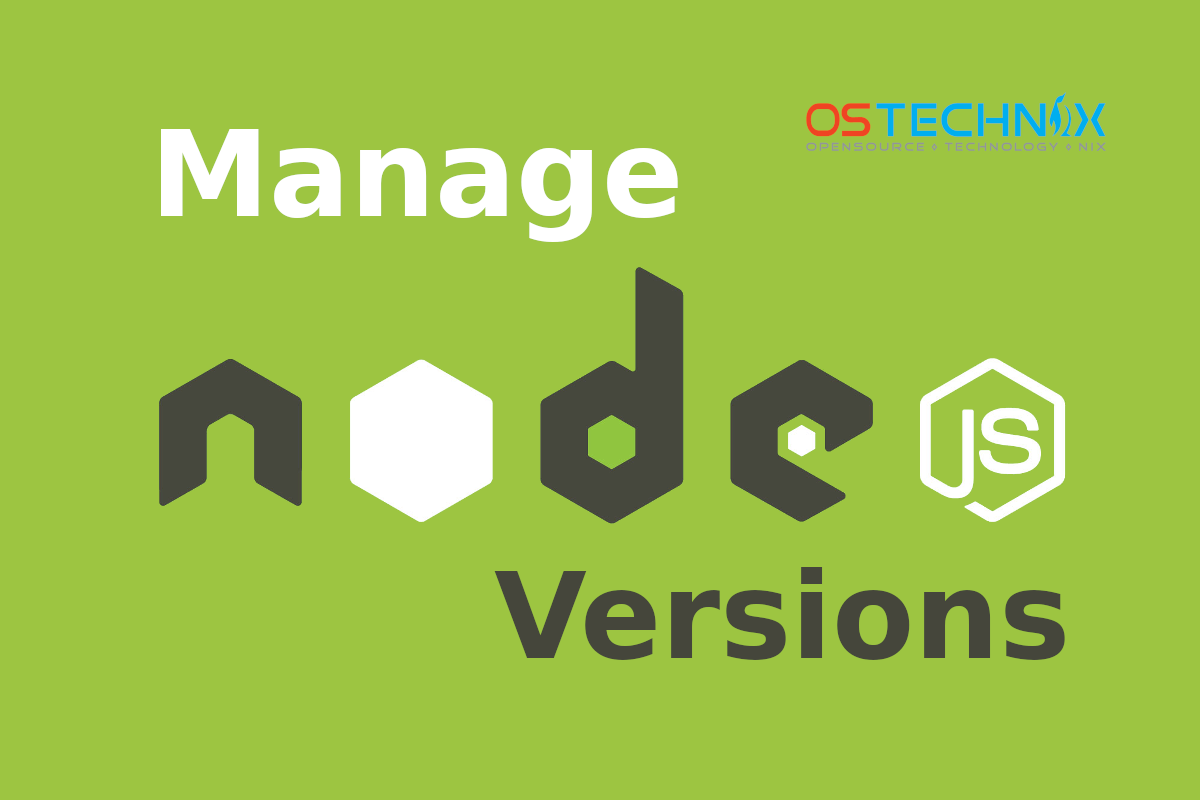

I think by "node.js" here you mean an application written using node.js. You may want to look at AWS simpledb for which you'll find a robust and useful module here and instead of using Redis you could use elasticache. With regards to Couchdb and Redis, if you are going to start writing node.js application you may want to consider migrating to the equivalent AWS products.

Disclaimer : I have tried this and found this to be quite difficult.Īs others have already suggested the last option is to pick a distribution of linux that does already have a pre-built node package for installation. Eventually if you expect to have a large number of users and need to implement a scaled node architecture, this is the approach you'll most likely use to put your node application into production. It also provides a configuration management approach to multiple environment deployments. Elastic Beanstalk has only recently started supporting node but provides an automatically scaling node.js production environment out of the tin. Your second option, which might not be the easiest for newbie cloud system administrators is to use AWS Elastic Beanstalk. I've done this several times and without issue. Then, in typical unix fashion you would do something like. This means that you have to download the source, compile and install it yourself - the node js source is available here : git clone git:///joyent/node.git. However as you may have noticed there isn't a pre-built node.js package available via the yum package installer for Amazon linux. Under some circumstances this may prove advantageous for reasons outside your node.js requirements such as price and how current the image is for Amazon. The first is to use an Amazon Linux server (it sounds like you have tried this). If you want to create a node.js environment on EC2, at time of writing you have three options.


 0 kommentar(er)
0 kommentar(er)
